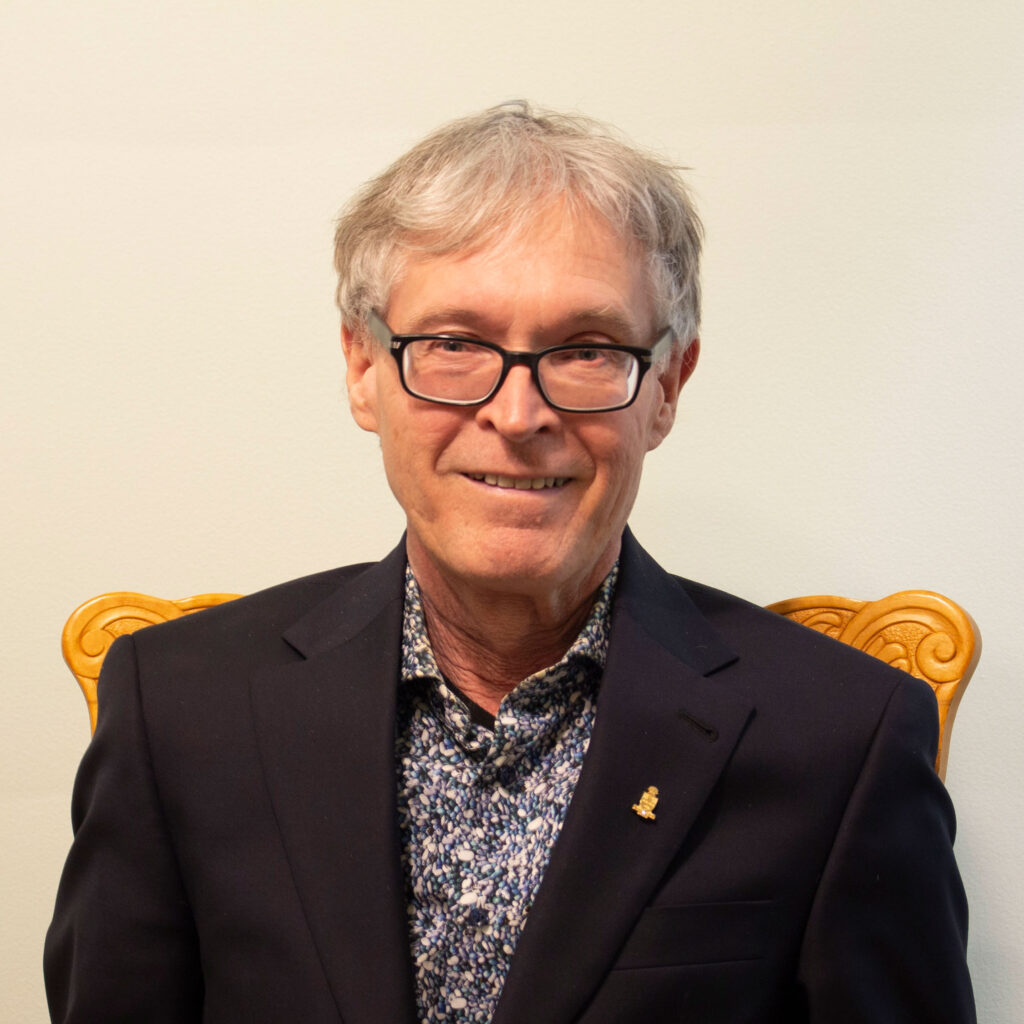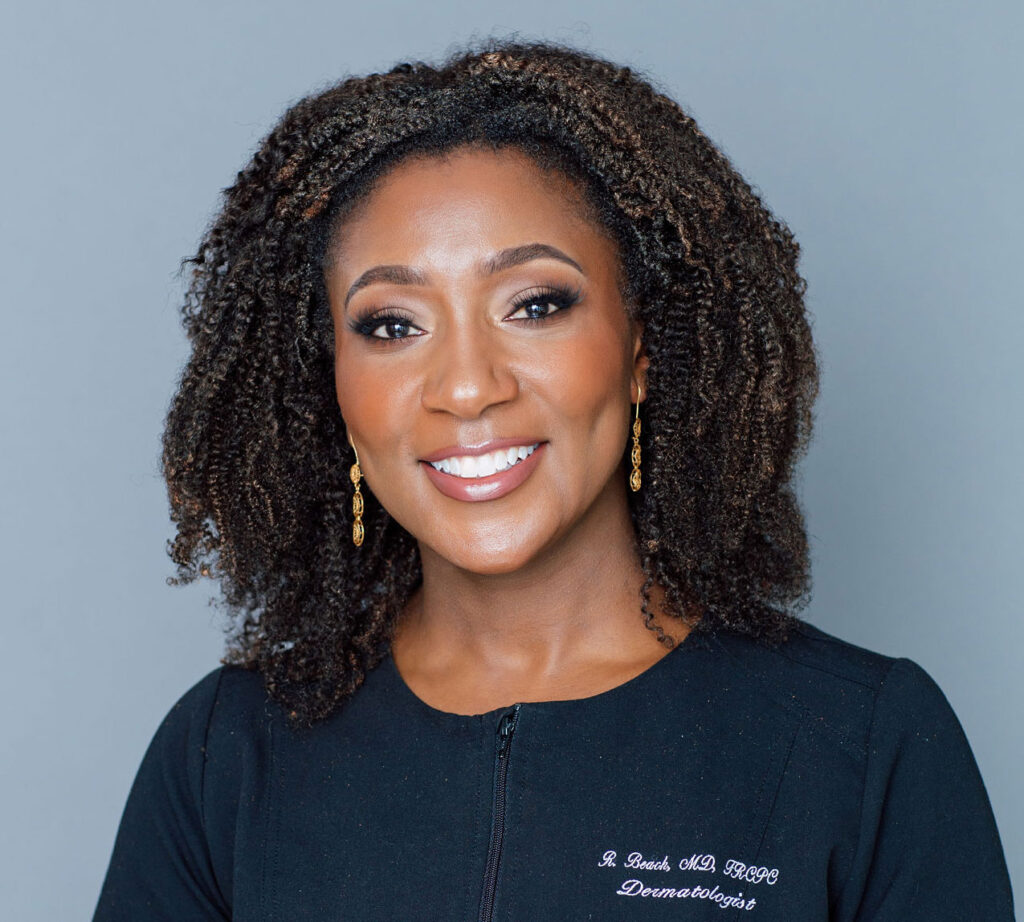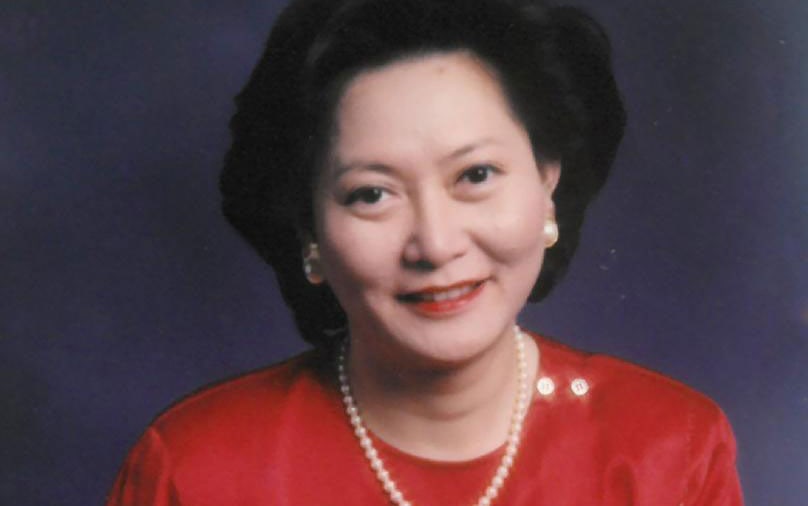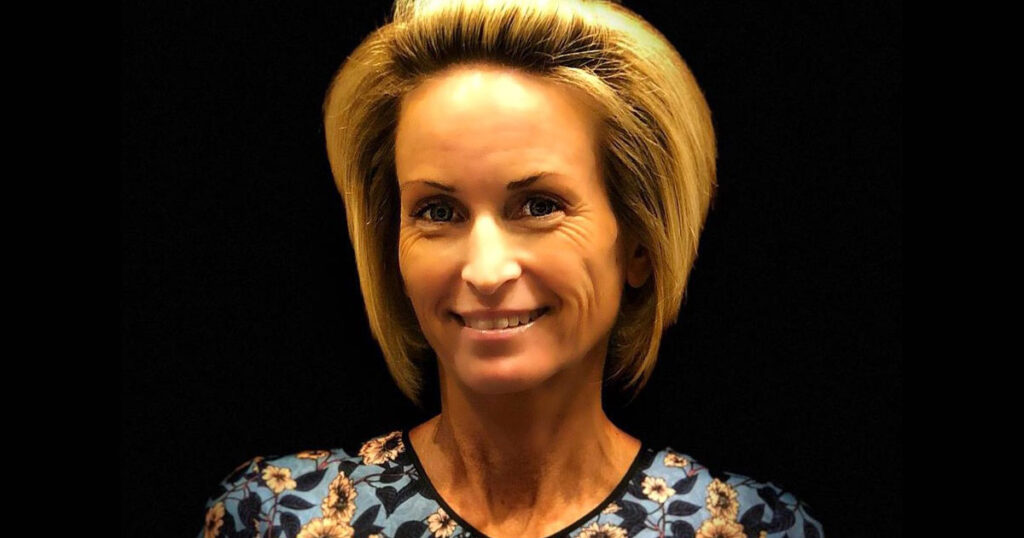From student to mentor, Jim Hartley says U of T always ‘gave me a broader perspective’

Jim Hartley (BA 1980 UTSC) enjoyed a more-than-three-decades career at U of T, much of that time as executive assistant to the chair in the department of medicine. It was only after retiring, in 2014 that he began volunteering at U of T Scarborough as a mentor in its Partners in Leadership Program. Hartley admits he was unsure about the decision at first, having never been mentored himself: “I didn’t quite know what I was getting into.” But he and his first mentee hit it off and, for the past seven years, he’s taken on at least one new student every year.
You’ve spent a good chunk of your life at the University. How would you say it has shaped your world view?
Everyone looks at the world through their own filters. For me, attending university changed those filters. When I entered U of T in 1976, I saw the world in a very black and white way. After four years of university, I saw shades of grey. U of T gave me a broader perspective.
One small example: before U of T, I had never been a big sports person. But I talked to people in my classes who were keen on football or hockey or golf. Now, there are a couple of guys I’ve golfed with for many years, and I wouldn’t have had that experience had I not gone to U of T.
What was something you liked about working at U of T?
I was, and still am, always amazed by the number of U of T experts who are called upon for media interviews. It makes me proud to be part of such a distinguished group who are making the world better in everything from vaccine development to urban planning.
How have you stayed involved with U of T?
I spent one year on the advisory committee for the UTSC Alumni Association board. I’ve also been mentoring fourth-year UTSC students since 2015 as part of the Partners in Leadership program.
What got you into mentoring?
It wasn’t an obvious choice for me. I had never been mentored, and, at the time, I didn’t really know what being a mentor was. But Regan Tigno, an alumni engagement officer at U of T Scarborough, suggested I try it, and I’m glad he did. The Partners in Leadership mentoring program at U of T Scarborough is terrific. It has been well received, and the number of mentees and mentors keeps growing.




